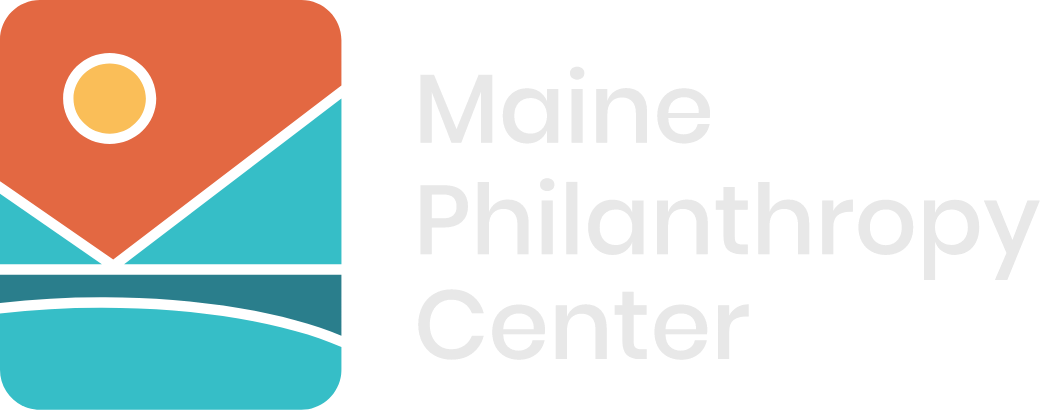Presented by National Network of Consultants to Grantmakers
Study after study confirms that philanthropy remains predominantly white. The Council on Foundations (COF) reports that over 75 percent of US foundation staff are white. According to the D5 Coalition, 92 percent of foundation CEOs, 84 percent of executive staff, and 87 percent of foundation boards are white.
Today, fewer than 35 Native people control giving portfolios or serve in key leadership roles at private foundations — nationwide. According to the COF report, as of 2015, “Individuals with American Indian or Alaskan Native heritage constituted .09 percent of administrative positions, .06 percent of executive positions, and .30 percent of professional positions.” Consequently, Native American, Alaska Native, and Native Hawaiian communities continue to be minimized in foundation giving portfolios and invisible within the hiring and board compositions of U.S. foundations. In fact, only 4/10th of one percent of funding invested by private foundations goes to Native causes. Further, about half of those funds are invested in institutions that are not Native-controlled, such as universities and museums.
To document and address these inequities, researchers at Melvin Consulting PPLC, First Nations Development Institute and Frontline Solutions analyzed philanthropic hiring practices, focusing on search firms, to learn more about why so few Native people are hired by private foundations. In their recent publication Searching for Inclusion in Philanthropy: A Guide to Equitable Practices in Foundation Hiring, the authors layout a pathway to equitable practices that philanthropic institutions take to be more inclusive of Native American candidates during their hiring processes.
Goals for this interactive session include:
- Participants will be introduced to data on how current philanthropic hiring practices exclude candidates from diverse communities with a particular focus on Native American candidates.
- Participants will develop an understanding of the structural and institutional practices that contribute to the lack of Native representation in foundation hiring practices.
- Participants will be introduced to effective practices to expand Native representation in philanthropy.
- Participants will work in small groups to explore their role in being advocate for how philanthropy can be more inclusive of American Indians, Alaska Natives and Native Hawaiians — ultimately celebrating the knowledge, lived experiences, innovative solutions and essential voices that Native people bring to philanthropic institutions and the communities they serve.
For more information and to register, visit the event page.
